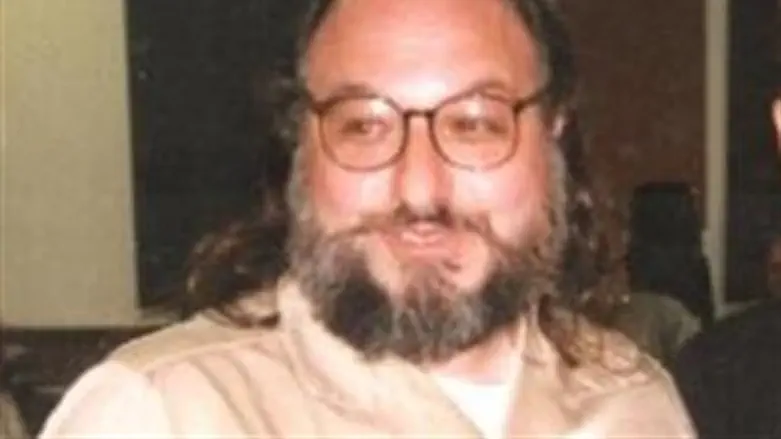
The cries to release Jonathan Pollard have been heard around the world - reaching even the top diplomats most opposed to his release, Walla! reports Tuesday.
Both were US ambassadors to Israel when Jonathan Pollard was arrested in 1985, and both have been adamant about preventing his release - until now. Walla! interviewed Ambassador Samuel Lewis, who left Israel three months before the arrest of Jonathan Pollard, and Ambassador Thomas Pickering, who called the Pollard affair his own "baptism of fire."
Pollard has recently been subject of a high-profile campaign for his release, after being held in the US for more than 28 years on spying allegations. He was arrested by FBI agents in 1985 and held ever since.
Calls for his release escalated since it was revealed last month that the US had been spying on top Israeli officials, including Prime Minister Binyamin Netanyahu. Pollard was arrested on charges far less serious, critics noted, and slammed the American government over its "hypocrisy".
The calls for Pollard's release escalated so much so that over 106 MKs attended a special Knesset session last Wednesday to protest US President Barack Obama's refusal to release the prisoner, and signed a petition urging the President to reconsider.
The two ambassadors, who opposed Pollard's release for years, provided a variety of reasons that have changed their position on the issue.
Pickering was the more determined of the two to see Pollard's release. He explained that he changed his position because he believes that the release of Pollard may help US Secretary of State John Kerry's public image, in light of his failed efforts to force Israel and the Palestinian Authority to agree to an interim deal.
"For years I was opposed to Pollard's release," Pickering explained, "but if you were to tell me that his release would substantially move along the framework for an agreement set by John Kerry - I could get behind that."
Pickering, who was on duty when the Pollard affair formed an unprecedented crisis between Israel and the United States, said that for him, Pollard was and is a traitor.
"He did bad and dangerous things, and I really do not get the Israeli protest his imprisonment, but it is important to tell the truth: achieving a framework agreement for the Israeli-Palestinian conflict is more important than the continued incarceration of Jonathan Pollard," Pickering claimed.
Pickering sent a clear message on the subject of Kerry, saying that "diplomats need to take challenges and turn them into opportunities."
Unlike Pickering, Lewis said he believed there was no connection between the release of Pollard and the peace process.
"Anyone who tries to link the two issues is making a mistake," Lewis claimed. "Netanyahu tried to do it at the Wye Summit in 1998, and he caused immense damage to Pollard's case as a result. I think Netanyahu's insistence to link the issues has contributed significantly to the fact to that Pollard is still in prison."
Lewis believed that releasing Pollard specifically on humanitarian grounds "is cheating and I'm glad he was in jail, but 28 years is long enough."
Lewis ruled out drawing any parallel between the US spying on Israel and Pollard's release.
"Snowden and the release of the Israeli spy have no connection," Lewis claimed. "For the American military, Pollard is a traitor who did the most serious acts [against the US]. The question is whether now, after 28 years in jail, he still a security risk."
